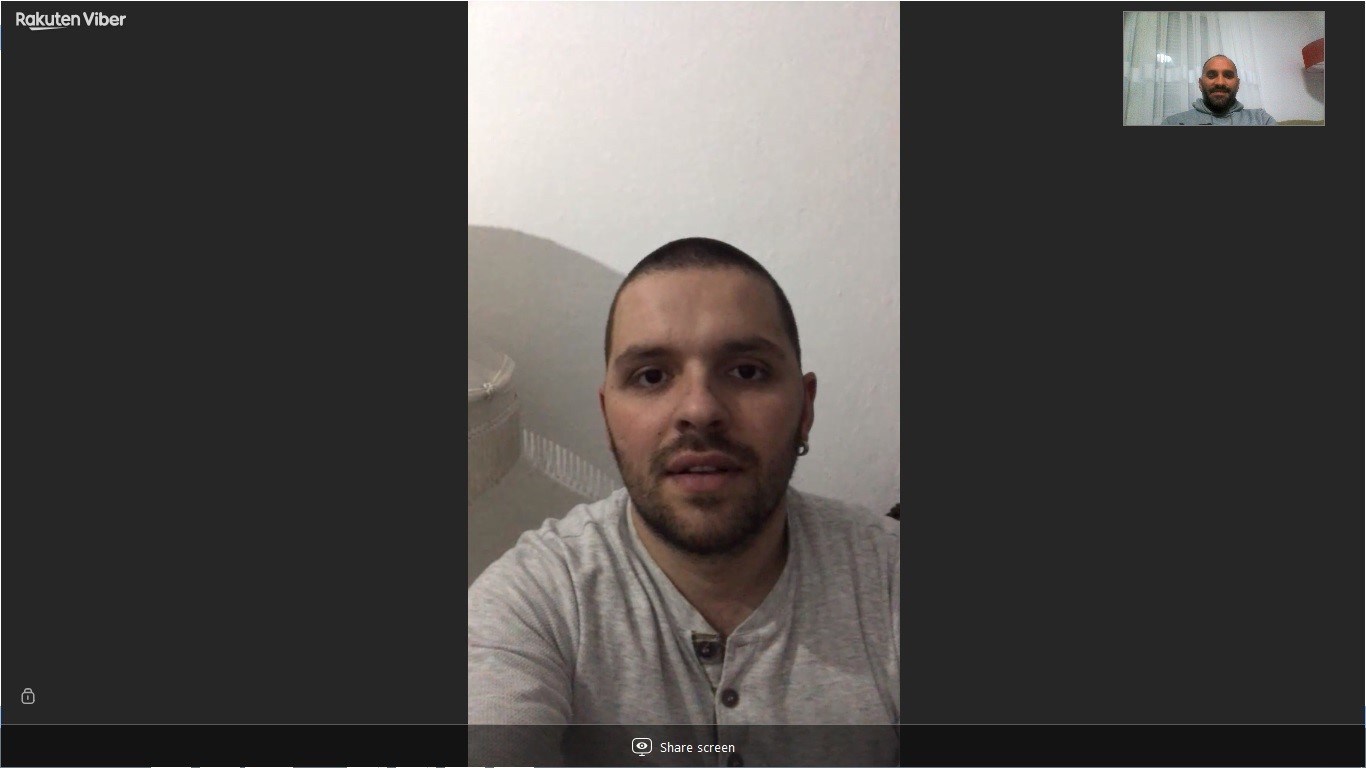Interview
Project “YOUth Ambassadors of Non-Formal Learning”
Organization: Kosovo Center of Diplomacy
Country: Kosovo
Interviewer: Selim Daku
Interviewee: Genc Mustafa, Officer in Municipality of Gjilan
Date and location: May 19, 2020
Duration: 45 minutes
Note: The interview was conducted using the Viber application, via video call.
List of questions for the Interview:
In Kosovo, it is for the empowerment and participation of the youth that determines the non-formal education in Kosovo.Is the law defining NFE in your country? If yes, please describe what the law says.
The law considers non-formal education as a lifelong learning activity, in order to improve knowledge, skills and competence, within the individual, civic, social perspective related to employment. The law also gives local government responsibility for caring for the promotion and organization of non-formal education. According to the law, non-formal education is realized in all areas, as a request from young people in accordance with the existing laws of the Republic of Kosovo.
The law states that non-formal education is encouraged to support the development, responsibility of conscious citizens, in accordance with the principles in the interest of democracy, humanity and tolerance, environmental protection, historical identity, cultural development, intercultural change, social and political dialogue, health care and physical education, employment and youth promotion.
- Please describe the existing strategies, action plans that define nonformal learning in your country?
The Republic of Kosovo has developed a strategy for youth 2019-2023, which includes non-formal education. The non-formal education strategy provides for the provision of skills and preparation of young people for the labor market. The youth strategy for non-formal education includes: Organizing events leading to non-formal education and Organizing youth events to promote non-formal education.
- The organization of events leading to non-formal education means that the realization of alternative education programs aims at advancing the understanding of society by young people on political, social, philosophical topics, scientific concepts and analysis of social processes.
The objective of the Strategy regarding non-formal education is to develop, increase and support the capacity building of young people for education, referring to the processes of personal and social education, designed to improve a range of skills, competencies and cultivation of values by building attitudes for responsible, tolerant and interactive citizenship outside the formal education curriculum.
- The organization of youth events for the promotion of non-formal education includes the support that the state will support the Youth Organizations in order for them to raise awareness among young people and to promote non-formal education in their communities where they live.
- Have you been involved in the development of a strategy / action plan / law in excess of the NFE issues?
I have contributed to the drafting of the strategy for youth 2019-2023, which I think has advanced in relation to other strategies so far.
I have also been part of many discussions where documents have been discussed and constructed that attempt to advance informal education.
- Do you work on promoting NFE and how?
Our daily job is to promote non-formal education. It is done because as a method it is very effective and encouraging for voluntary participation. My commitment is realized by advocating in institutions such as the Ministry of Youth, certain municipalities, conferences and joint organizations. We also try to encourage the growth of funds for non-formal education, both by state instances and by donor organizations.
- For your institution/CSO how young people recognize NFE?
I consider that young people's knowledge of non-formal education as a notion is not high, but they have knowledge of non-formal education as an activity.
When we ask young people what informal education is, they are reluctant to answer, but when we mention training, seminars, various workshops, they are clear about what informal education means.
- What are you doing about NFE in term to make closeness with youth?
We as an institution are increasing our commitment to organizing more activities with the character of non-formal education.
This means that we have a special funding program for organizations that include non-formal education activities.
In fact most of the project proposals we will support in the future will include the field of non-formal education.
- Have you involved young people in the process of bringing about things that are relevant to non-formal education?
In our capacities we have tried to involve the representatives of youth organizations in the creation and development of documents, programs, projects and activities of non-formal education.
This was done by inviting representatives of youth organizations, representatives of students, pupils and other informal groups to the activities.
- Should the Government get involved and make an even bigger contribution when it we are speaking about youth and policies about youth?
The Government of Kosovo should increase the budget for Youth, especially for projects in the field of non-formal education.
It should also create a mechanism that includes the Ministry of Education and the Ministry of Youth.
That mechanism would harmonize activities to introduce non-formal education in high schools and universities.







